
SEPTEMBER 21, 22, 23, 2021
IVT VIRTUAL LIVE FEBRUARY 9 & 10, 2021
PROCEEDINGS NOW AVAILABLE TO VIEW
ON DEMAND – CLICK HERE FOR ACCESS
Times stated below are CET (GMT+1hr)
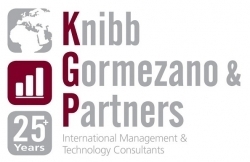 Alex Woodrow
Alex Woodrow Pietro Boggia
Pietro Boggia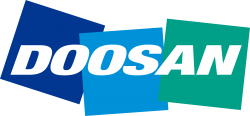 DocKoon Yoo
DocKoon Yoo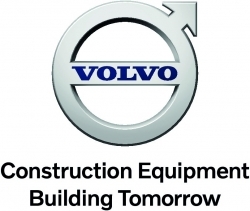 Ahcène Nedjimi
Ahcène Nedjimi Julien Waechter
Julien Waechter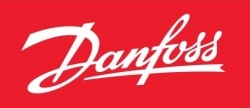 Dr Niall Caldwell
Dr Niall Caldwell Dr Markus Merkel
Dr Markus Merkel Ferdinando Mapelli
Ferdinando Mapelli Edoardo Ruggeri
Edoardo Ruggeri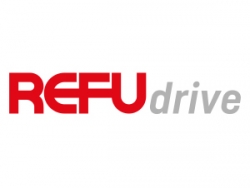 Dr Karl Koch
Dr Karl Koch Martin Deiss
Martin Deiss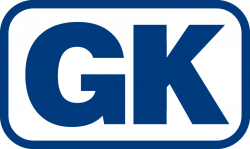 Michael Reith
Michael Reith Pietro Boggia
Pietro Boggia Alastair Hayfield
Alastair Hayfield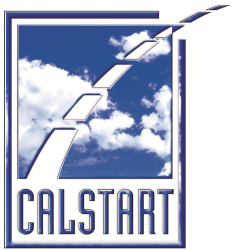 Bill Van Amburg
Bill Van Amburg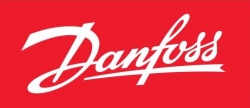 Philipp Hermann
Philipp Hermann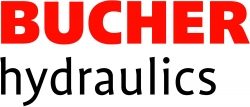 Dierk Peitsmeyer
Dierk Peitsmeyer Alex Woodrow
Alex Woodrow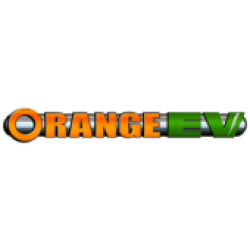 Kurt Neutgens
Kurt Neutgens Bruce Farber
Bruce Farber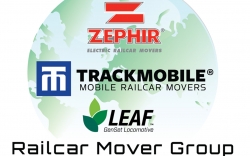 Nandan Mehta
Nandan Mehta Tess Sicat
Tess Sicat Alastair Hayfield
Alastair Hayfield Dirk Schuhmann
Dirk Schuhmann Dr Markus Merkel
Dr Markus Merkel Romain Nicolas
Romain Nicolas Giacomo Fiocchi
Giacomo Fiocchi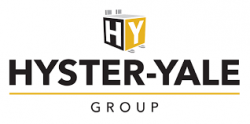 Neha Roy
Neha Roy Thomas Vetter
Thomas Vetter Romain Nicolas
Romain Nicolas Ulrich Marl
Ulrich Marl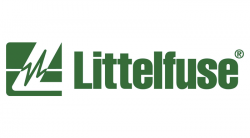 Sven Löffelbein
Sven Löffelbein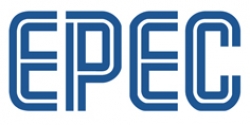 Jyri Kylä-Kaila
Jyri Kylä-Kaila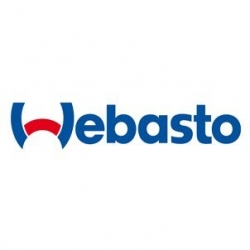 Manuel Kagelmann
Manuel Kagelmann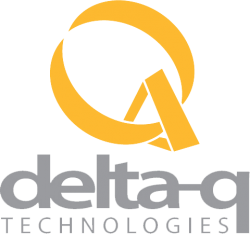 Chris Botting
Chris Botting Tim Sasseen
Tim Sasseen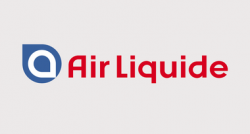 Dr Dave Edwards
Dr Dave Edwards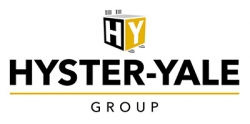 Jan-Willem van den Brand
Jan-Willem van den Brand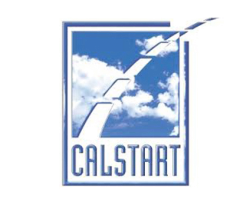 Alycia Gilde
Alycia Gilde